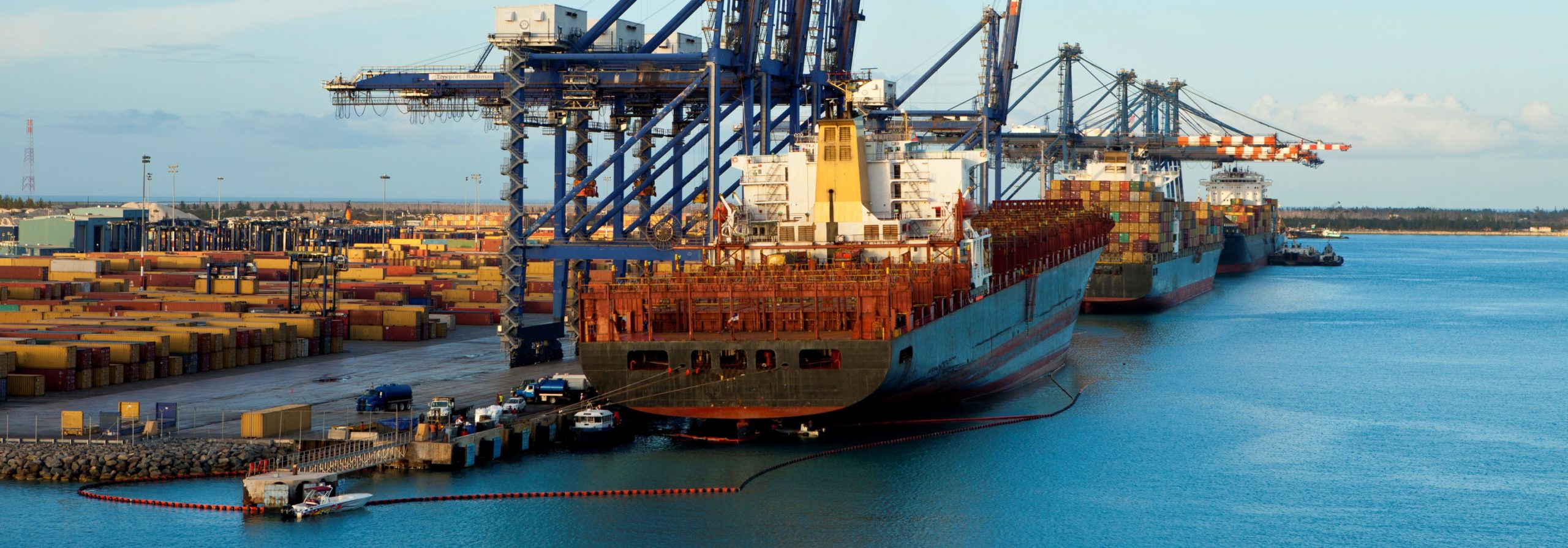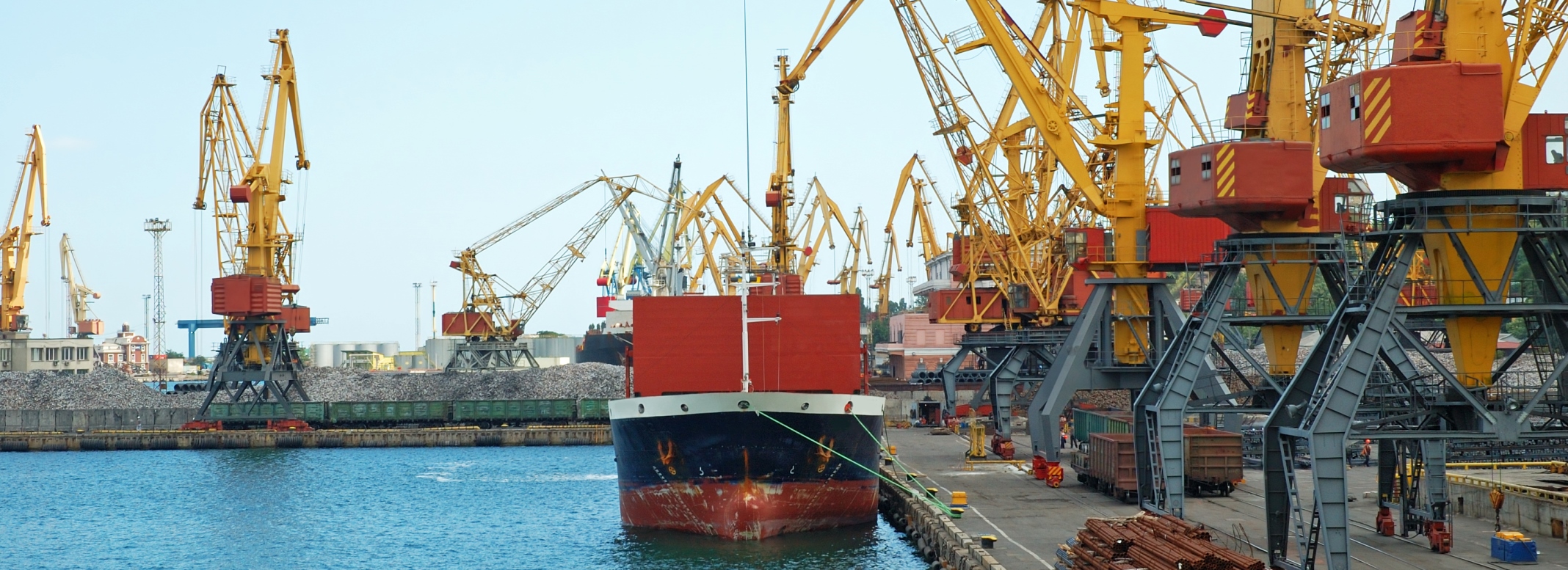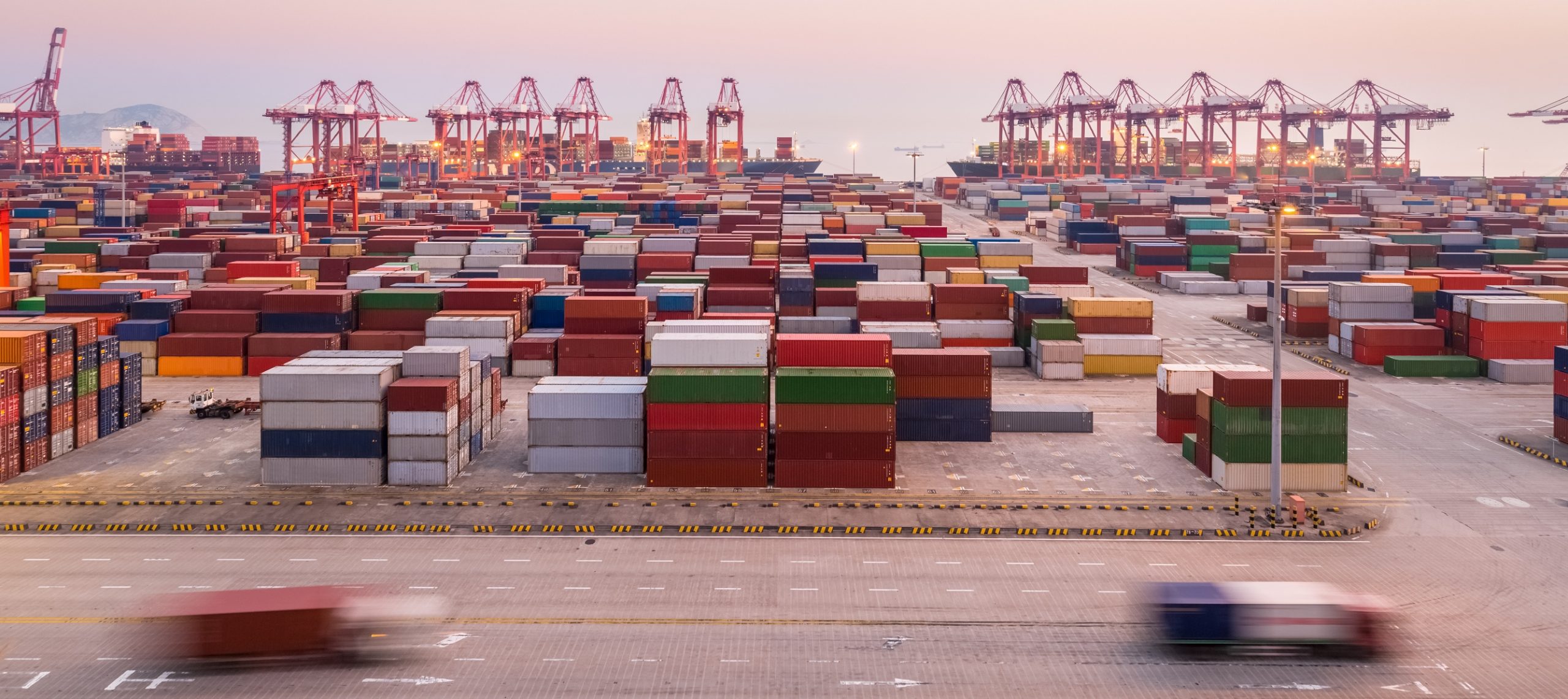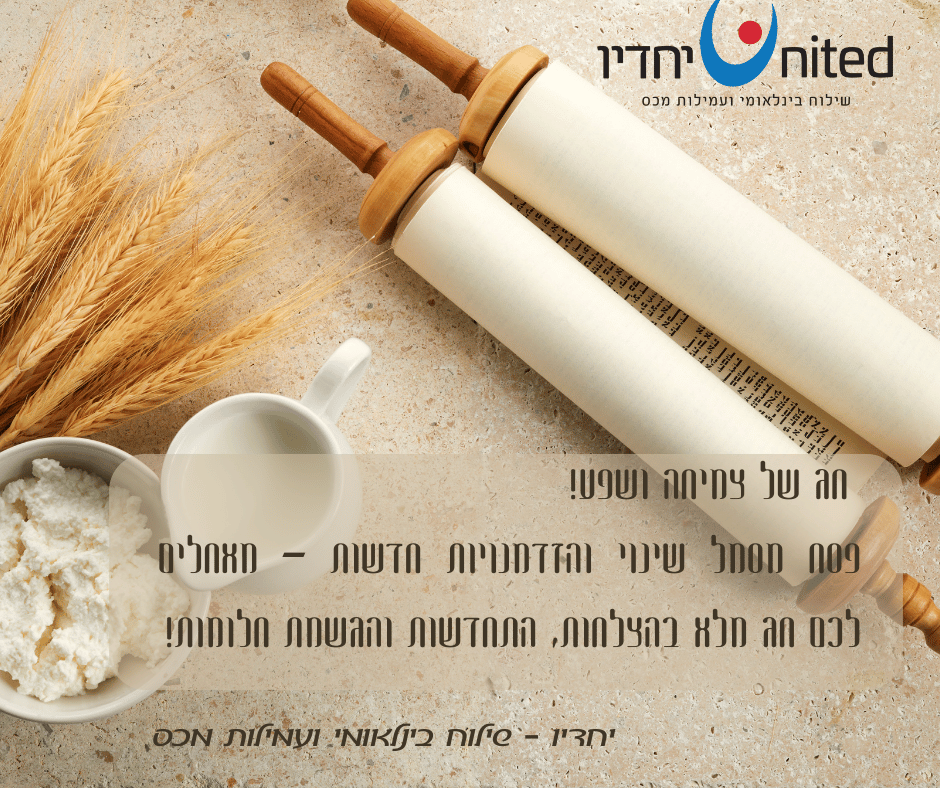
Import Exemptions and Mitigations
In specific cases it is possible to obtain an exemptions from import license, approval or permit. This does not apply, of course, to goods prohibited for import pursuant the Customs Tariff Order.
Granting an exemption pursuant article 2(c)2 of the Free Import Order
The Ministry of Economy and Industry’s Director General has determined the causes and terms for receiving an exemption. The exemption pertains to the obligation to present a license as specified in Schedule 1, and from meeting the requirements specified in Schedule 2 (labeling in Hebrew and standard-mark).
This service is regulated by Director General Directive 2.6. Applications can be submitted by an online form in the Ministry’s website, and will be sent to the relevant entity pursuant the Directive.
Exemption from Hebrew Labeling
An exemption from the obligation to label in Hebrew pursuant the Consumer Protection Order (Labeling of Goods), 5743-1983 is considered an exemption from meeting the terms of the Free Import Order (the requirement is specified in the Order).
Clothing and Textile – the goods must be labeled in Hebrew before import pursuant the Consumer Protection Order (Labeling of Goods), 5743-1983. However, there is a procedure enabling labeling at the importer’s warehouse. To comply with this procedure (Edition B-72), please contact the Ministry of Economy.
Note: safety clothing must comply with the applicable standard.
Exemption applications may be submitted via an online form according to Director General Directive 2.6 – Granting an exemption pursuant article 2(c)2 of the Free Import Order (cause 5-12).
Customs Tariff Exemption – Edition B 381
An exemption from customs tariff is applicable to some goods intended for industrial use. Applications apply according to the product’s classification in the Customs Tariff Order, which stipulates that an approval of the Ministry of Economy’s Director General is required for receiving an exemption.
Quotas for import of processed food products with a tariff exemption or a reduced tariff
Israel has bilateral free trade area agreements with various countries, in which tariffs on trade in goods have been removed. Tariffs are still applicable to food and agriculture products. However, as part of an annual quota specified in the bilateral agreements with each country, some of the goods can be imported with a tariff exemption or a reduced tariff. Importing within a quota for tariff exemption or reduced tariff is contingent on obtaining a license.
More related articles...

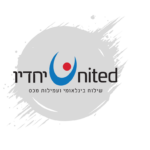
Risks and Crisis Management in Freight Transportation
Freight transportation is an essential component of the global supply chain. This field involves numerous risks, including delays, accidents, cargo damage, and global threats such


Planning an Efficient Supply Chain: Optimizing Freight Transport
Introduction In today’s globalized world, supply chain planning has become a critical component of business and organizational success. Freight transport is a crucial part of


Case Studies: How Customs Brokers Solved Complex Problems for Their Clients
Introduction: The Crucial Role of Customs Brokers in International TradeInternational trade is characterized by significant complexity, encompassing diverse laws, regulations, and bureaucratic requirements that vary


Global Shipping Challenges Amid Geopolitical Crises
The Cumulative Challenges in Global Shipping: The Ukraine-Russia War, Israel’s Conflict, and the Houthi Blockade at Bab-el-Mandeb Introduction: The Critical Role of Global Shipping Amid


ZIM Accelerates Global Launch of Smart Containers with Hoopo’s Assistance
The company is enhancing container visibility and transparency through the integration of Hoopo’s innovative hoopoSense Solar Trackers. Eli Glickman, CEO and President of ZIM, stated:


The Importance and Benefits of Customs Brokerage Services
The Importance and Benefits of Customs Brokerage Services Introduction In today’s interconnected global economy, businesses often rely on international trade to meet market demands



